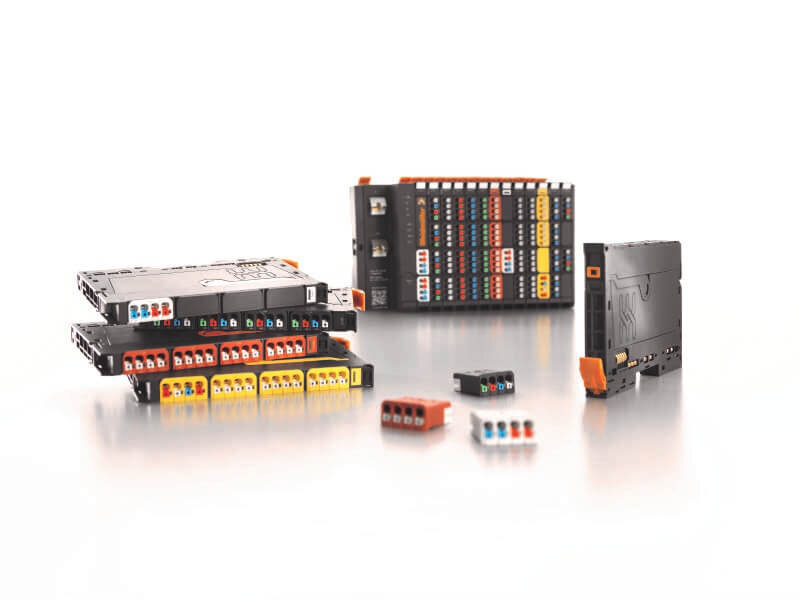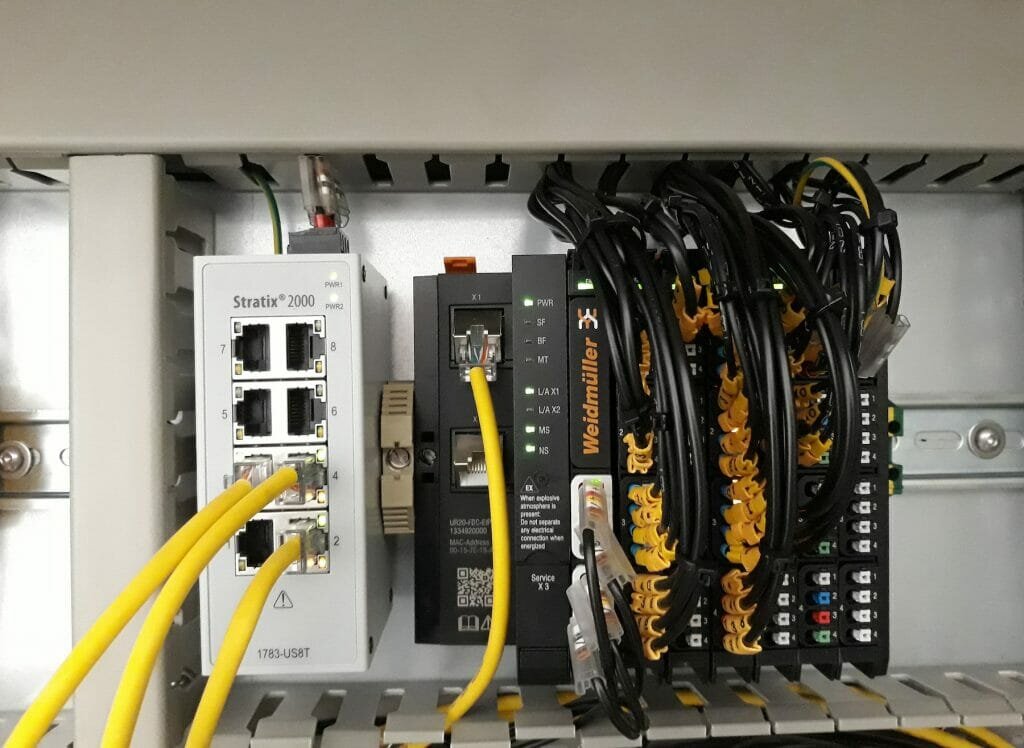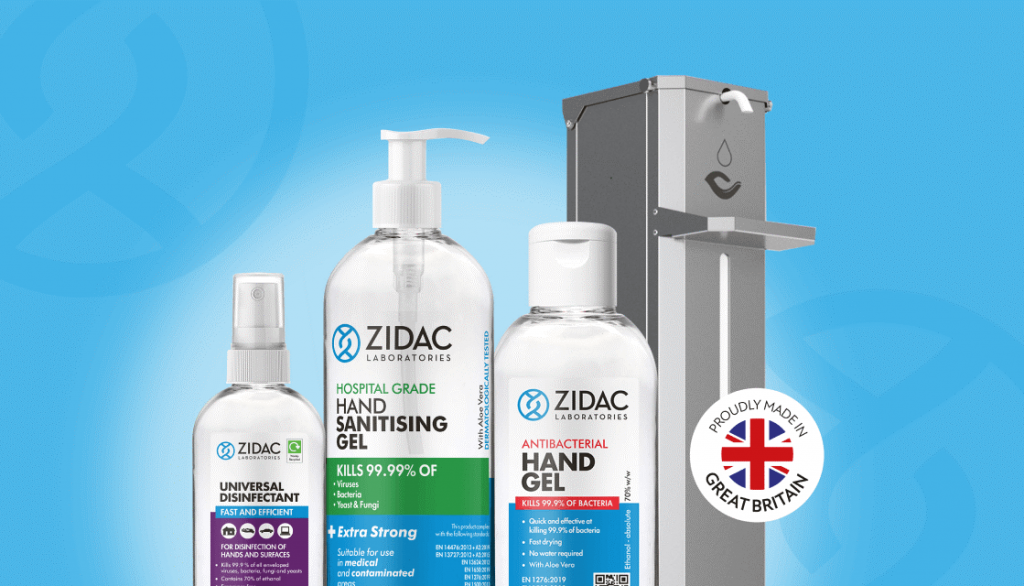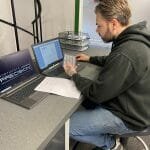Robotics expert Solent Automation has selected remote I/O products from the Weidmüller u-remote range for use in palletisers it has supplied to Zidac Laboratories, a specialist manufacturer of hand hygiene and disinfectant products. The palletisers, which incorporate FANUC robots, are now in regular service handling large quantities of sanitiser products for the NHS and other organisations to help them deal with the coronavirus pandemic.
Zidac Laboratories has pledged to donate £1 million worth of the products to healthcare organisations and charities. At the time of writing, it is more than halfway towards achieving this target, having gifted products to organisations that include St Barts Hospital in London, Queen Alexandra Hospital in Portsmouth and Medical Supply Drive.
To help meet the large demand for sanitiser, the palletisers are designed to operate at high speed, taking boxes of bottles and loading them on to pallets at a rate of 16 boxes per minute.
“We looked at a number of options for expanding the I/O capacity of the robot control system,” said Scott Sidwell, Chief Technical Officer at Solent Automation, “and, after carefully weighing up the pros and cons of each, we ultimately decided that u-remote products from Weidmüller were the best match for our needs.”
“The modules in this range offer Ethernet IP connectivity,” he continued, “which means that they interface directly with the FANUC systems without the need to download or install special software. In fact, in one instance when working to a particularly tight deadline, Weidmüller was able to supply the modules we needed within two days of us placing the order!”
Other benefits offered by the u-remote modules which were important in this application include integral LED indicators that provide instant visual confirmation of the status of each individual I/O, and high power-handling capacity – each input and output current path can provide up to 10 A without the need for additional power-feed modules. For the palletisers, Solent Automation used three types of module. These provide 16 digital inputs, 16 digital outputs and analogue inputs. All were chosen from the IP20 range and therefore were installed in a cabinet where the compact and modular design complemented the space-saving demands of the application.










